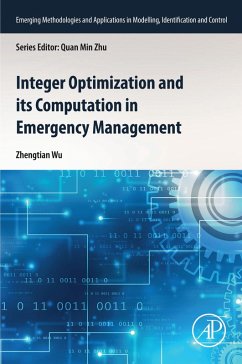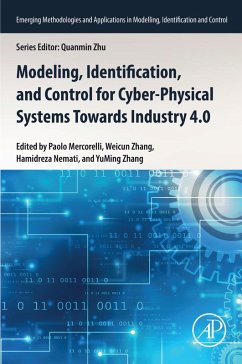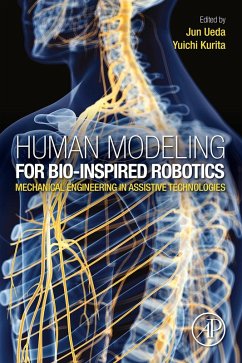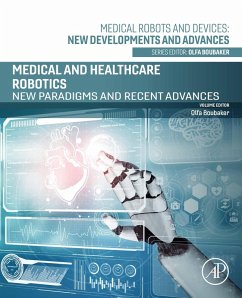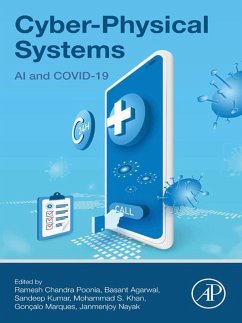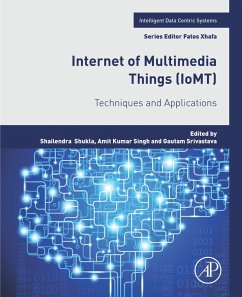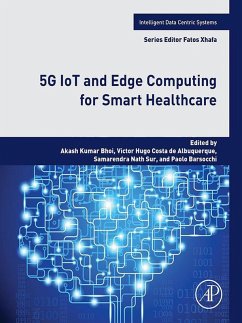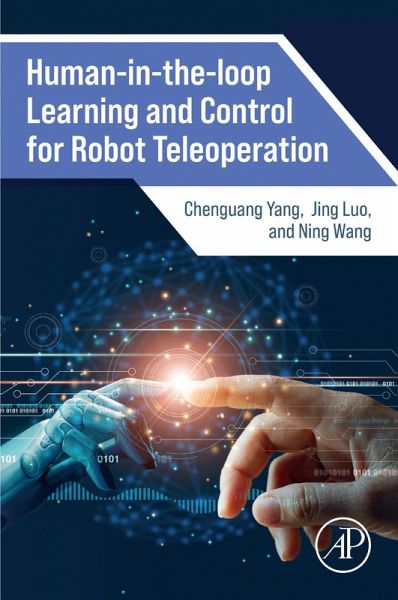
Human-in-the-loop Learning and Control for Robot Teleoperation (eBook, ePUB)
Versandkostenfrei!
Sofort per Download lieferbar
95,95 €
inkl. MwSt.

PAYBACK Punkte
48 °P sammeln!
Human-in-the-loop Learning and Control for Robot Teleoperation presents recent, research progress on teleoperation and robots, including human-robot interaction, learning and control for teleoperation with many extensions on intelligent learning techniques. The book integrates cutting-edge research on learning and control algorithms of robot teleoperation, neural motor learning control, wave variable enhancement, EMG-based teleoperation control, and other key aspects related to robot technology, presenting implementation tactics, adequate application examples and illustrative interpretations. ...
Human-in-the-loop Learning and Control for Robot Teleoperation presents recent, research progress on teleoperation and robots, including human-robot interaction, learning and control for teleoperation with many extensions on intelligent learning techniques. The book integrates cutting-edge research on learning and control algorithms of robot teleoperation, neural motor learning control, wave variable enhancement, EMG-based teleoperation control, and other key aspects related to robot technology, presenting implementation tactics, adequate application examples and illustrative interpretations. Robots have been used in various industrial processes to reduce labor costs and improve work efficiency. However, most robots are only designed to work on repetitive and fixed tasks, leaving a gap with the human desired manufacturing effect. - Introduces research progress and technical contributions on teleoperation robots, including intelligent human-robot interactions and learning and control algorithms for teleoperation - Presents control strategies and learning algorithms to a teleoperation framework to enhance human-robot shared control, bi-directional perception and intelligence of the teleoperation system - Discusses several control and learning methods, describes the working implementation and shows how these methods can be applied to a specific and practical teleoperation system
Dieser Download kann aus rechtlichen Gründen nur mit Rechnungsadresse in A, B, BG, CY, CZ, D, DK, EW, E, FIN, F, GR, HR, H, IRL, I, LT, L, LR, M, NL, PL, P, R, S, SLO, SK ausgeliefert werden.



